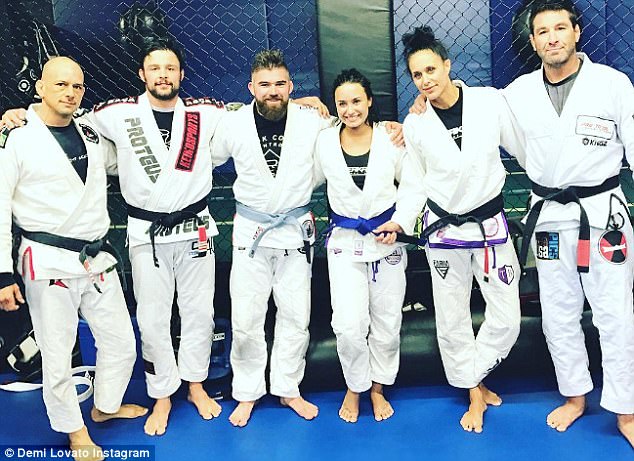Often times we hear about competitors like Miyao brothers or Gordon Ryan who have openly said that their typical day consists mostly just from several jiu-jitsu practices.
An Inside Look at the Miyao Bros 6x/day Training Schedule
But the reality of it is that the majority of jiu-jiteiros are white and blue belts and often times putting in that kind of time straight of the gate could backfire severely.
The capacity for learning is not that huge in the beginning – first you need to learn positions and how to orient yourself in the system.
In terms of memory science there’s something called the magical number 7 plus minus two. This is one of the most widely cited papers in all of psychology. Miller’s Law argues that the number of objects an average human can hold in working memory is 7 give or take away 2.
In terms of jiu-jitsu this number goes significantly down. Why? Because the number above relates to one dimensional tasks and bjj has a variety of aspects and variables – all of which significantly affect your ability to perform a move to the best of your ability.
Initially it’s really hard to remember sequences because your ability to recognize a position isn’t a 100% certain. To get a good grasp on positions it’s optimal to train at least 3 times a week – training less could lead to you completely forgetting what you’ve learned last training. But training much more can lead to informational overload that will leave you even more confused and even worse misleading yourself that you know much more than you actually do.
Memory capacity is limited so it’s best to optimize your experience to what you can actually store to long term memory and retrieve during sparring!
This is why it’s good to have a curriculum – techniques that tie together and combine together will be much easier to remember because of common elements then jumping from one position to the next with little to no reference.
And of course repeating is another essential aspect in terms of learning. To commit something to long term memory doesn’t end the journey – you also need to make sure your retrieval is upto par. This is where drilling comes in. Repetition will make sure the move you’ve stored can be retrieved as quickly as possible – which is crucial during sparring. And is also one more element that makes sparring an integral part of the experience.


















